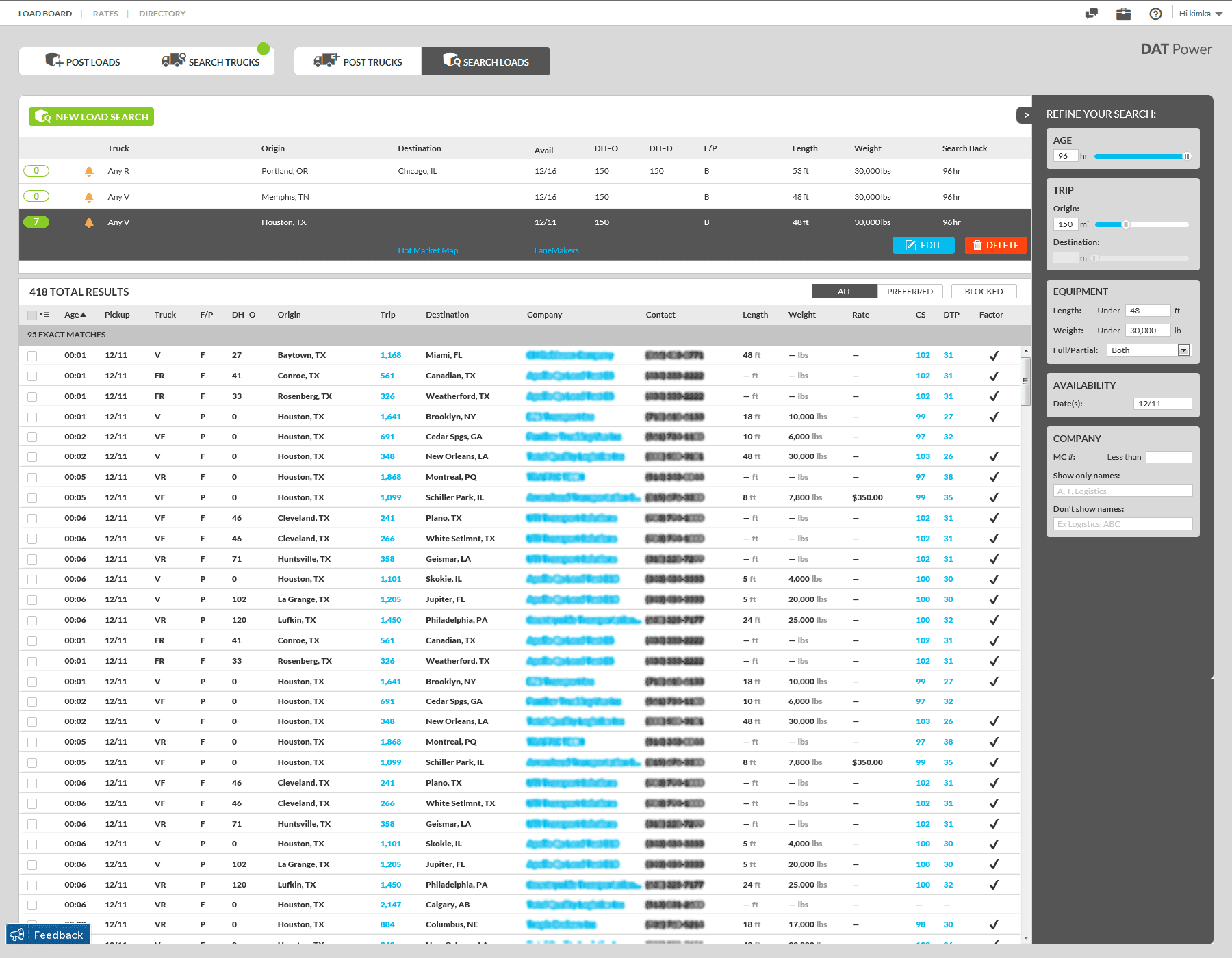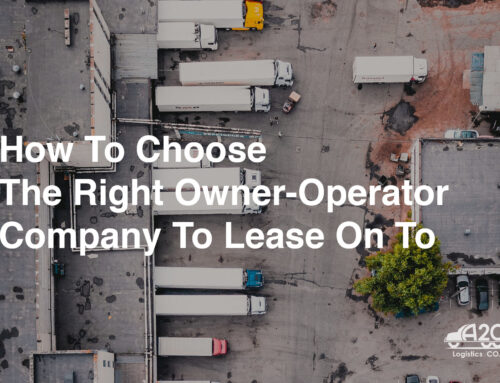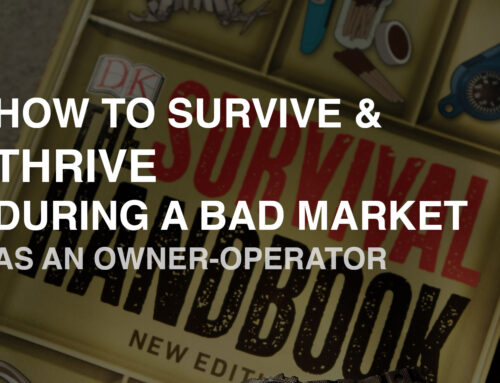As an owner-operator, it is crucial to be knowledgeable about how and where to find your loads.
The success of your business is based on how many loads you get to transport. It is necessary to take advantage of the right methods and tools that are available in the trucking industry.
There are no specific rules that should be applied when it comes to finding loads.
It is important for owner-operators to find loads through a variety of sources. Focus on finding the ones that suit your business the most and keep your truck moving and your cash flowing.
We put a list of available sources of loads. You’ll learn how to find loads:
- > directly from the source;
- > from freight brokers;
- > using public load boards;
- > which one is best and how to choose;
Find loads directly from the source
One of the scenarios that can bring you loads would be to make your way into the shippers’ world.
Sourcing directly from shippers can put you, as an owner-operator, in the position to earn some time on your hand. Getting the loads directly from the shippers is a steady job because you are always on a schedule and you are able to anticipate when your next load will be ready.
This gives you the chance to get to your loved ones on a regular basis without too much trouble.
It is neither challenging nor time-consuming due to the certainty being offered.
When it comes to disadvantages, you’ll make less money. As you’ll be working less, and spending more time with your family, your revenue will be directly proportional to your hustle.
Concerning the matter of contracts, you need to know that they are awarded through a competitive bidding process that is normally available for larger carriers. Without a strong relationship with the shippers, most owner-operators are locked out and unable to bid on these lanes. The reason for this is the time and money it takes shippers to complete the vetting and selection process for smaller carriers.
Freight brokers and load boards
What is a freight broker?
A freight broker is a licensed property broker that uses its network of carriers to transport shippers’ freight. He is helping shippers cut costs, move the goods fast, and remove the demands of traffic management and carrier sourcing from their operations.
Now, you might be wondering, what’s in it for you?
Owner-operators who develop partnerships with freight brokers can make use of the brokers’ networks of shippers to build a dense network of guaranteed loads.
Make sure you also take into consideration the following aspect when you choose to work with a freight broker:
Verify that the broker is licensed: before accepting any load, it is important to check that your broker has proper authority. You can find out if they are licensed through FMCSA just by going to the agency’s website and looking them up.
Freight Broker Recommendations
If moving forward with a freight broker is the best option for you, there are lots of companies on the market that might benefit your business:
- CH Robinson
- Total Quality Logistics
- XPO Logistics
- Echo Global Logistics
- Worldwide Express
- Coyote Logistics
- Landstar System
To create a business relationship with freight brokers, you should expect to pay a fair commission from the load. Most of the time, it’s best to keep in touch with the freight brokers because they might know of available loads that are not listed on load boards, and this is only to your advantage.
Owner-operators and small carriers are usually not invited to bid on contracted lanes. However, freight brokers are frequently invited to bid. This is due to freight brokers’ daily access to thousands of truckers and their ability to match cargo with trucks. This allows shippers to work with smaller carriers without having to vet and execute contracts with each owner-operator or small carrier individually.
The easiest way to get in contact with the freight broker is by using a load board that will allow you to look up the loads and then get in touch with the freight broker that is in charge. This is also a practice that allows brokers to match loads to drivers and trucks and stay up-to-date with available shipments.
Find loads with Public load boards
Public load boards are the safest method an owner-operator can access in order to find loads in the shortest time possible. It is literally one click away, and owner-operators can search through thousands of loads that have been listed in real time.
Most of the listings that are available on these public boards are spot loads, which are typically urgent or expedited shipment that falls outside of a contract. These spot loads can happen whether a shipment needs to be moved today or months in the future. It might be due to a specific need, low-volume shipping, or shipping in inconsistent lanes. They are transactional, but the disadvantage is that they are infrequent loads.
In order to proceed with loads found on these boards, you’ll have to get in touch with the freight brokers to learn more about the load and negotiate the rate. If you reach an agreement, you’ll change authority and insurance information before a rate confirmation is signed.
Examples of Public Load Boards
While it can be time-consuming, it is an efficient way to create long-term relationships with freight brokers. You can benefit by earning more money because of the additional effort you put in to get a better deal.
Some of the most popular load boards that you might be interested in are the following:

To sum it up
Regardless of your approach, there are a number of things you can and should do to expand your business:
- You need to understand your cost per mile. It will help you make better, more data-driven decisions that can improve your profits and optimize your processes;
- Do not combine these methods. On a practical level, it would be tough to stay in sync with all the available loads;
- work with multiple freight brokers in order to keep the loads coming;
As an owner-operator, planning on getting your business running was never an easy job to do. Now you are better prepared, especially when it comes to finding loads that keep your truck moving.
There is no one-size-fits-all method, all of them being accompanied by advantages and disadvantages. Some may cost more upfront but require less effort on your part. Others may cost less but require more time and effort to sort through all the options.







